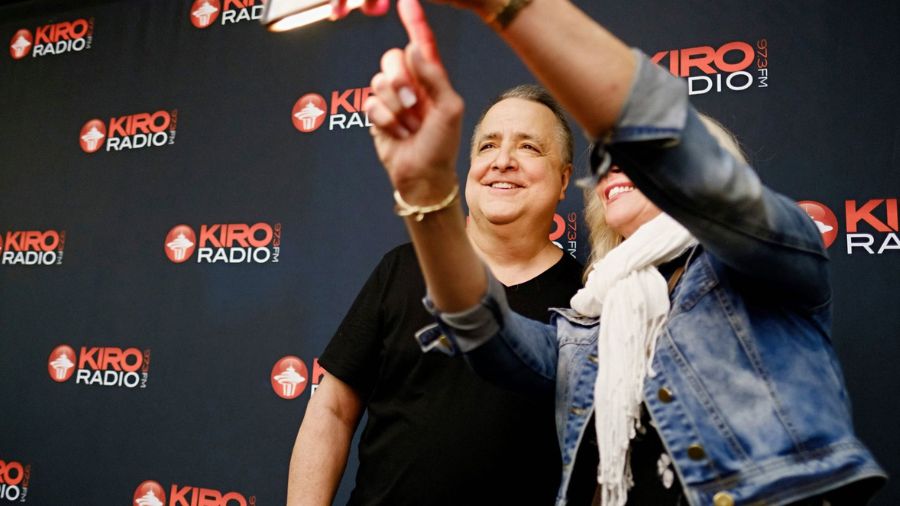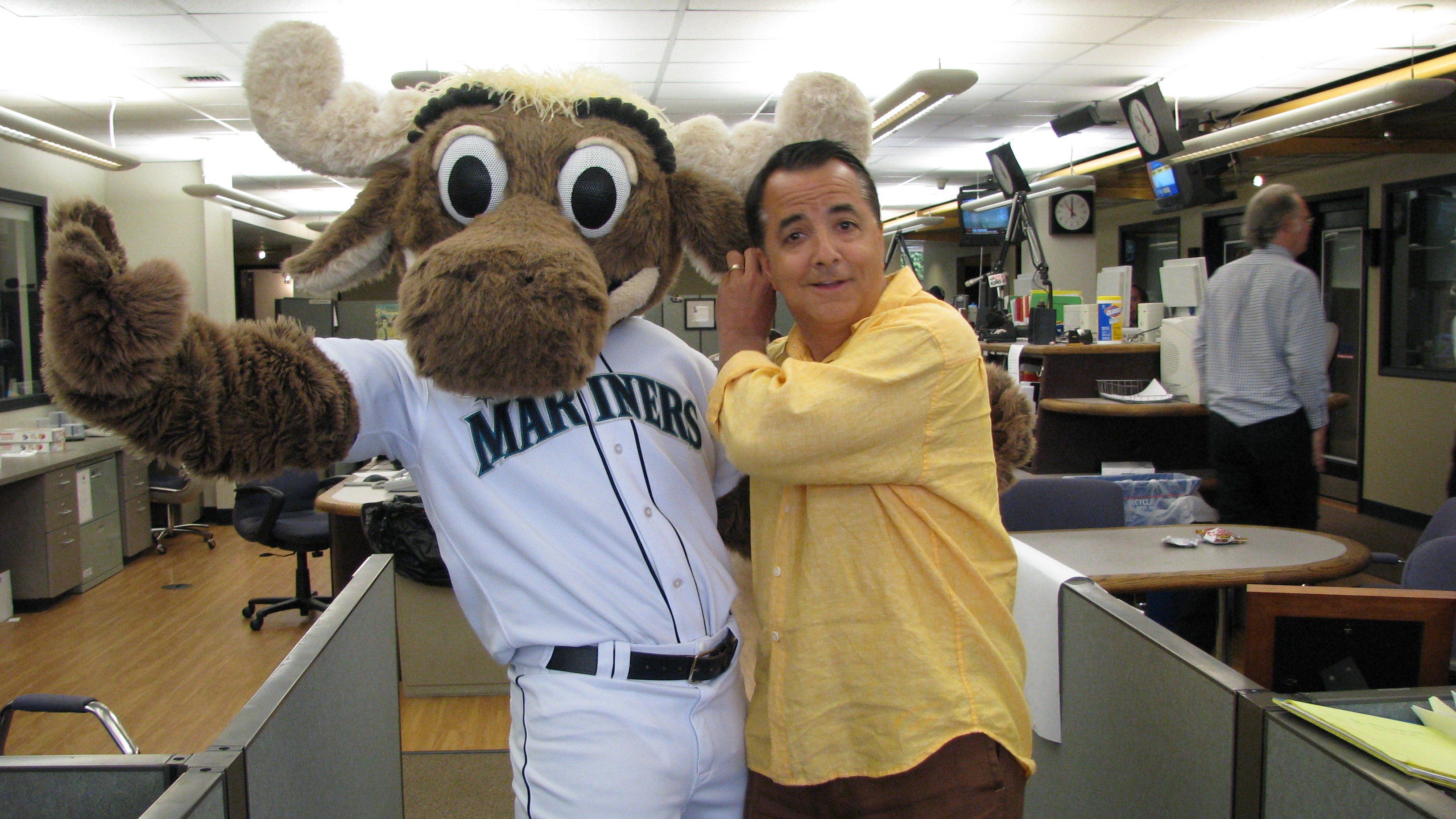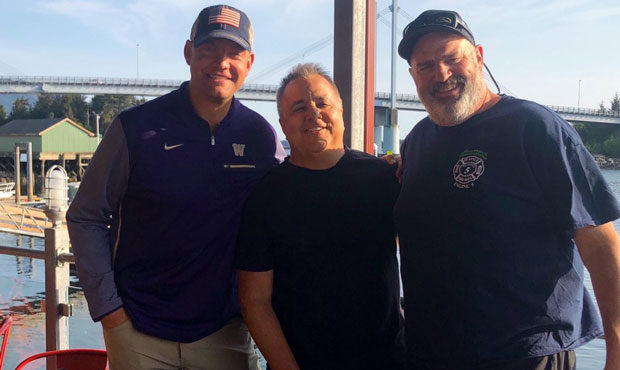DCYF trying to keep foster kids out of juvenile detention
Feb 24, 2019, 8:15 AM

Foster kids who run away are often found living on the streets in tent encampments. (KIRO 7)
(KIRO 7)
The tent encampments scattered across Seattle do not just contain adults — behind many canvas flaps and under many overpasses can be found foster kids who have run away from their place of care.
In fact, Ross Hunter, secretary of the Washington State Department of Children, Youth, and Families, recently underwent a “searing emotional experience” walking around U-District tent encampments looking for runaway foster kids, an experience that he shared with the Seattle Times.
Right now, the state tends to place runaway foster kids in juvenile detention, if they refuse to return to the home or facility from which they ran away. It’s a practice that Hunter doesn’t favor and that he’d like to greatly reduce.
RELATED: Pearl Jam guitarist mentors foster children in music-making
“They should be in school, they should not be in detention,” he said.
Rather than immediately throwing the kids into detention, he and his staff “go out and find them and try to talk them in” as much as possible. He noted that foster care workers do not have the authority to make arrests.
“We try and find them, and we’re trying to find a place where both they and we agree is safe and healthy for them to be,” he said.
The foster kids who have run away one time tend to repeat, Hunter said. If a runaway child ends up in a place known to be dangerous, or if the child is missing, a warrant is issued.
“We try to get them into a better place — we’re not leaving them in detention,” Hunter stressed.
However, the department is trying to get away from just having a warrant out, instead opting to “do some internal work to identify lower-risk youth.”
Hunter said that the department aims to reduce the number of runaway foster children brought into juvenile detention by two thirds, from about 300 to 100 a year.
“The kids who are first time runners — we should just go find them and talk them back in,” Hunter said. “Maybe there’s something wrong with their placement.”
If the child is somewhere safe, such as a youth shelter, police will not bring them into detention.
“If they’re in a situation that we are deeply concerned about — if they’re being commercially, sexually exploited, which is unfortunately very common, nationally, with foster children — that’s dangerous, that’s dangerous for the child,” Hunter said. “We want to use the ability to bring them in to have a moment where they can detox, where they can get some therapy, and then where we can have a conversation with them about what kind of placement might work.”
The department also is looking at changing the regulations on where a teen can be placed, since sometimes teens are not allowed to be placed with a person with whom they want to be placed.
For example, Hunter said, a teen might to be placed with an aunt. Because the aunt committed a crime two decades ago, the current system would not allow that — but Hunter said that the seriousness of a 20-year-old crime is far less than that of the teen running away and living on the street. At least living with a family member gives the kid familiarity and stability.
“We’ve got to build some flexibility into that, into placements that work for these teenagers,” he said. “And that’s part of our long-term plan about making our placement array work better.”
The department also sees quite a few homeless youth in the LGBT community who are not technically in the system because they have been thrown out by their families. One of Hunter’s biggest wishes would be if families could volunteer to provide loving, non-judgmental homes for these teens.
“One of the things that would be really helpful is if we had some foster families who had either experienced that in the past, or were very flexible about kids with non-traditional genders,” he said. “That would be a place where we could have probably the best impact early, and it’s a place where I’d love to have the Seattle community step up.”













